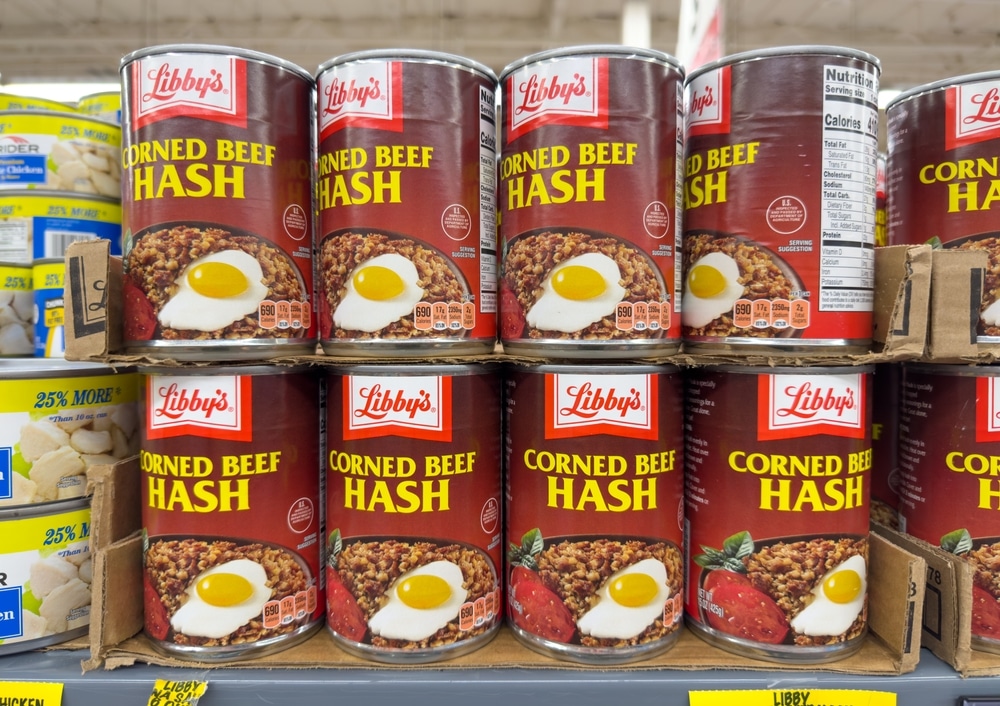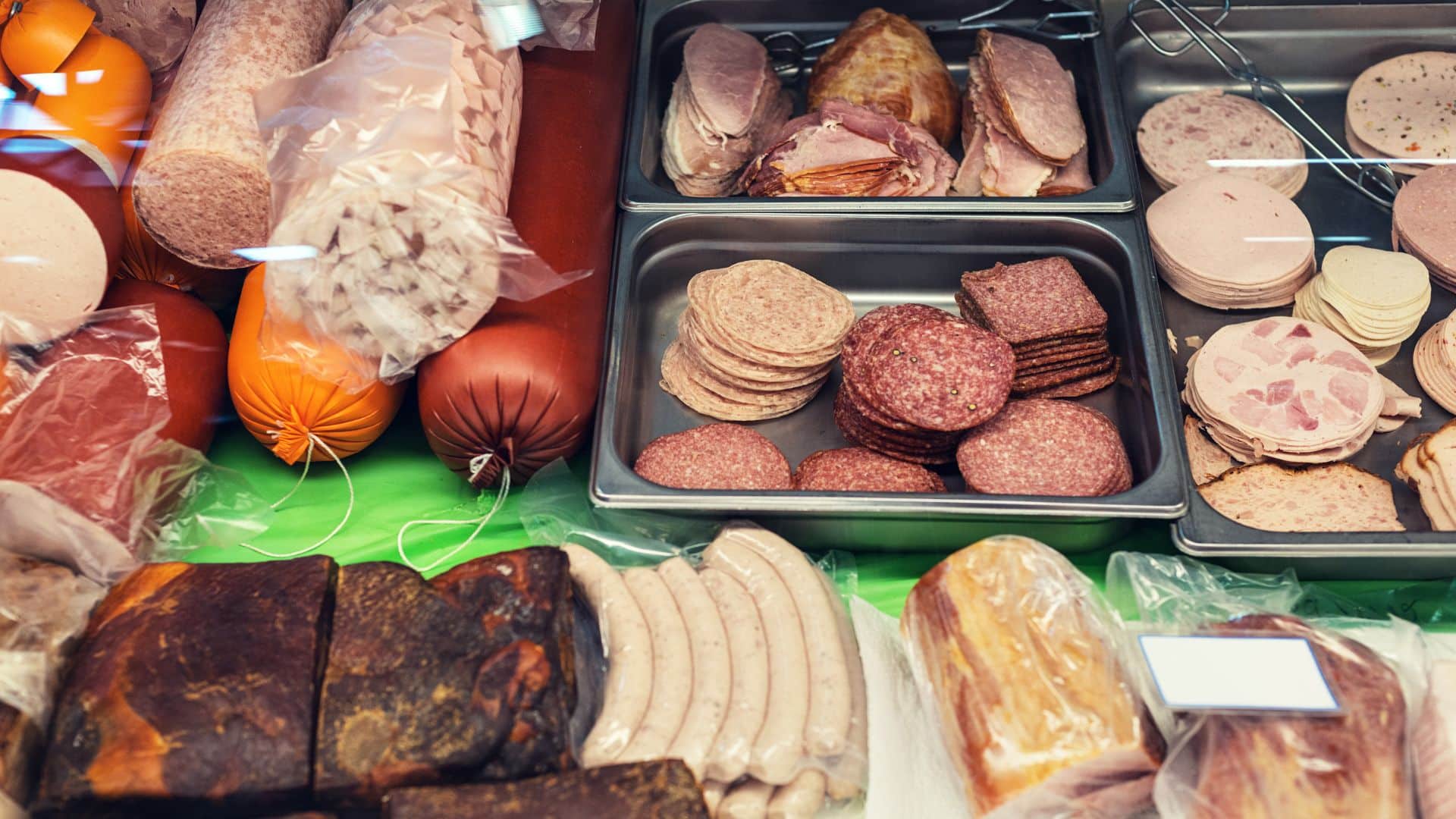According to New Research There is No Safe Amount of Processed Meat to Eat


A study published in June of this year suggests even small amounts of processed meat may increase health risks, raising questions about what’s truly safe to eat.
Researchers reviewed decades of evidence on diet and disease, finding that processed meats, sugary drinks, and trans fats are all tied to higher risks of chronic illness, even at low levels of consumption.
What the Study Looked At

Researchers conducted a Burden of Proof study published in Nature Medicine examining how processed meat, sugar-sweetened beverages, and trans fatty acids affect health. Unlike traditional reviews, this method estimated conservative, lower-bound risks and rated the strength of evidence behind each dietary link.
Processed Meat and Type 2 Diabetes

The findings showed that eating even small daily portions of processed meat, from sausages to deli meats, was linked to an 11% higher risk of type 2 diabetes. While the researchers stressed the evidence isn’t absolute proof, the association was strong enough to suggest no level of intake can be considered risk-free.
Processed Meat and Cancer Risk

The study also confirmed earlier concerns: processed meat consumption was tied to a 7% higher risk of colorectal cancer.
Though this number seems modest, at a population level, it translates to thousands of preventable cases. Experts warn that cumulative, long-term exposure matters more than any single serving.
This aligns with global experts: the IARC / WHO classifies processed meat as carcinogenic, and estimates that even 50 g daily consumption increases colorectal cancer risk by ~18%.
Sugary Drinks and Heart Disease

Beyond meat, the research spotlighted sugar-sweetened beverages. Drinking soda and other sugary drinks was linked to an 8% increased risk of diabetes and a 2% higher risk of heart disease. While these percentages may sound small, frequent consumption compounds the danger—especially in countries where sugary drinks are daily staples.
The American Heart Association has long pushed for policies to curb sugary drink use, given their connection to cardiovascular disease, and recommends keeping added sugar under 6% of daily calories.
Trans Fats and Silent Risks

Trans fatty acids, though phased out in many places, still appear in some packaged and fried foods. The study associated trans fat consumption with a 3% increase in heart disease risk. While that may seem minimal, experts stress that trans fats offer no nutritional benefit, making even a slight risk concerning.
Trans fatty acids are widely regarded as among the worst fats; the AHA urges limiting them to <1% of daily calories, since they raise LDL and lower HDL cholesterol.
Why the Risks Are “Conservative”

The research team emphasized their numbers represent lower-bound estimates—the minimum risks supported by evidence. That means the actual health toll of processed meats, sugary drinks, and trans fats may be greater. Importantly, the study also gave all associations a two-star rating, reflecting weak or inconsistent evidence, urging cautious but serious interpretation.
How This Affects Everyday Diets

For consumers, the message is clear: cutting back is better than doing nothing. Choosing unprocessed proteins, swapping soda for water or unsweetened beverages, and avoiding foods with hidden trans fats are practical steps. Nutritionists say the safest approach is to treat processed meats and sugary drinks as occasional indulgences, not dietary staples.
Public Health and Policy Implications

The findings could influence public health policy, supporting measures like soda taxes, stricter food labeling, and continued bans on industrial trans fats. Policymakers may also use this data to guide national dietary guidelines, reinforcing the idea that no amount of processed meat is truly without risk.
Major guidelines already recommend restricting processed meats; this new study reinforces what groups like the American Cancer Society and World Cancer Research Fund have long advocated.
A Changing Understanding of “Safe” Foods

For years, consumers believed moderation was the key—have some bacon here, a soda there. This research complicates that comfort. While the risks are not catastrophic from one meal, the cumulative effect matters. The study suggests the definition of a “safe” amount may no longer apply, nudging people toward more mindful eating.
